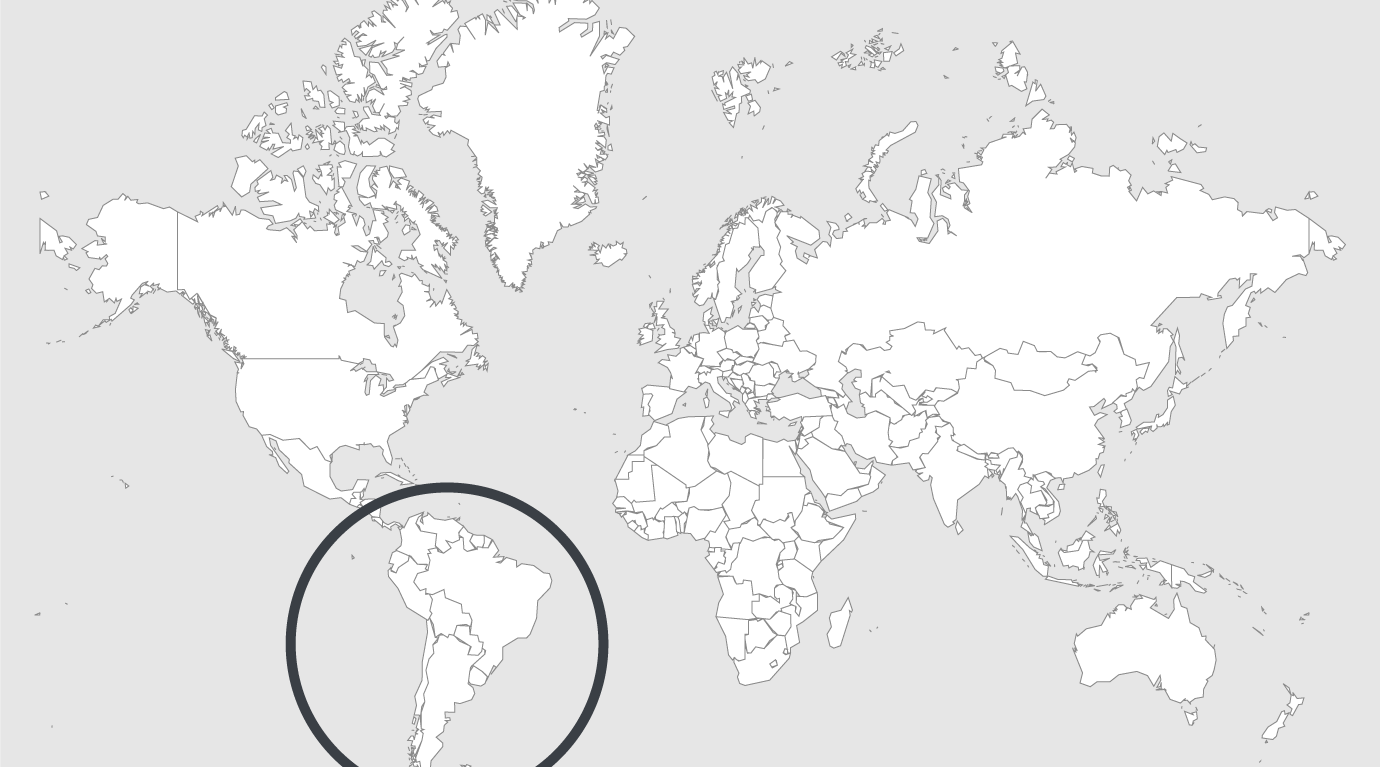
Explore
Brazil: Covid-19 massacre imminent
Open and poorly treated wounds, food waste on the cell floor, rat faeces, little ventilation, water rationing, insects everywhere. While some inmates do not even get up from their beds, such is their weak state of health, others are stuck in wheelchairs. To wash one’s body or one’s hands or clean any object prisoners have to wait for a hole in the wall to release a dribble of water which is promptly saved in whatever receptacle can be obtained. An inmate shows us a clumsily-sown up wound while another, unable to get up from his bed, tells us of the pain caused by his tuberculosis.
Far from being exceptional, this situation constitutes normality in Brazil’s prison system. And if the picture just described is intolerable, it is all the more terrifying when we realize it depicts an infirmary in the Centro de Detenção Provisória (Temporary Detention centre) in Vila Independência, in the eastern region of São Paulo, which we visited in March 2016.
Such is the death rate from illness in prisons that it resembles a massacre. In 2017, in the state of São Paulo alone, which accounts for a third of the country’s entire prison population, 484 of the 532 deaths registered by the Prisons Department (Secretaria de Administração Penitenciária SAP), were classified as due to ‘natural causes’. In overcrowded cells, with inadequate food, rationed water, a shortage of hygiene and sanitary products, and unreliable medical services, the spread of disease is not just alarming, it is lethal. These places are breeding grounds for infectious respiratory diseases like TB. It is no surprise that cases of TB have doubled in recent years, reaching 10,765 in 2018, practically twice the figure of 5,656 for 2009. If the rate of TB in prison is 35 times that in the rest of the population, the Coronavirus will probably cause proportionately more deaths inside the walls than outside them. Like TB, the conditions endured by men and women prisoners are ideal both for the spread of Covid-19 and at the same time render any sort of treatment or recovery impossible. The same conditions which make prisons hotspots for the spread of TB will, as far as can be seen, spur the circulation of the virus.
Covid-19 reaches the prisons
Rio de Janeiro was the first state to declare suspected coronavirus in its prison system. On March 16th, The Intercept published a message from the management of the Milton Dias Moreira Penitentiary in Japeri, in the suburban region of the baixada fluminense, to the State Prison Authority (Secretaria de Estado de Administração Penitenciária – SEAP) informing them of four suspected cases among the inmates. The governor, Wilson Witzel (of the Social Liberal Party) decided that prisoners with symptoms should be isolated but be kept within the facility – one of the most overcrowded in the state, designed for 884 but housing 2,583 prisoners, almost three times as many, in 2016.
